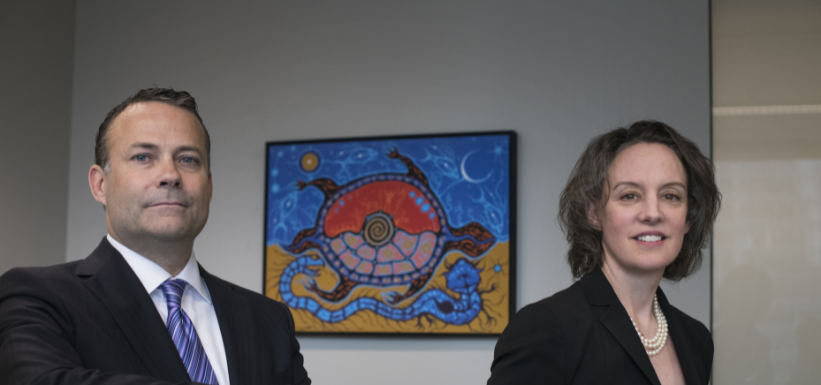
Bridging Finance Investors Finally See a Payout – But Less Than Expected
Investors in the collapsed Bridging Finance Inc. funds are finally set to receive some of their money back, after nearly four years of waiting. The Ontario Superior Court of Justice has approved an interim distribution to unitholders, offering long-awaited relief — but the payout will be smaller than originally proposed.
Court Approves Interim Distribution for Bridging Finance Investors
On the heels of a complex legal battle, the court largely granted a motion from Bridging’s court-appointed receiver, PricewaterhouseCoopers Inc. (PwC), to distribute funds to the 26,000 retail investors affected by the firm’s 2021 receivership. These investors, whose assets have been frozen since Bridging’s collapse, had hoped for a payout of approximately $491 million, as PwC initially sought.
However, due to an unresolved $213 million claim from Cerieco Canada Corp., the court decided to approve a lower distribution amount, holding back a portion of funds until the dispute is resolved. Cerieco’s claim stems from an alleged loan guarantee provided by one of Bridging’s funds in 2017 for a failed real estate project — a claim PwC originally rejected, but which remains contested.
A Long Road to Recovery for Bridging Finance Investors
At the time of receivership, Bridging Finance was reported to have managed nearly $2 billion in assets. However, PwC estimates that less than half of that will ultimately be recovered. As of October 31, 2024, the receiver has secured $698 million in assets.
PwC’s original plan sought court approval for a $473 million payout, later increased to $491 million after resolving other disputed claims, including a last-minute settlement with BlackRock for $6.5 million. Yet, the ongoing Cerieco dispute complicated the final distribution amount.
Why the Court Held Back Funds
The court emphasized that while it was appropriate to release funds to retail investors, it would be “premature” to approve the full distribution while Cerieco’s claim remains unsettled. Approving the payout as-is could severely limit Cerieco’s potential recovery, reducing it to just 22% of the claim’s value.
The judge explained:
“The whole point of this receivership proceeding is to realize on the assets of the Bridging funds for the benefit of unitholders — provided that the interests of outstanding creditors are protected.”
Because the claims adjudication process is still ongoing, the court ruled it would be unfair to assume Cerieco’s claim was invalid at this stage.
What Happens Next for Bridging Finance Investors?
While investors will receive an interim payout, the final amount they can expect remains uncertain until the Cerieco claim is resolved. The court also deferred a ruling on a request by investor counsel to impose a constructive trust on the funds’ assets — a legal move that would prioritize investors over other creditors.
In the meantime, investors can take some solace: although they’re waiting longer for a larger payout, interest continues to accrue on funds held in trust by PwC.
Additionally, the court approved PwC’s settlement with BlackRock, the receiver’s methodology for allocating recovered assets between Bridging’s various funds, and the cost-sharing structure for the receivership process.
A Glimmer of Hope for Bridging Finance Unitholders
For thousands of retail investors who have endured nearly four years of uncertainty, the court’s approval signals progress — albeit slower and smaller than hoped. With further legal hurdles still in play, the case continues to unfold, leaving investors cautiously optimistic as PwC works to maximize recoveries from the failed alternative fund manager.
The Bridging Finance scandal implicated several key individuals in a complex web of fraudulent activities. David Sharpe, the former CEO, and his wife, Natasha Sharpe, the former Chief Investment Officer, were found to have orchestrated multiple frauds involving the misappropriation of investor funds for personal gain. Andrew Mushore, the former Chief Compliance Officer, was determined to have indirectly participated in these fraudulent schemes. Additionally, Gary Ng, a businessman who acquired a 50% stake in Bridging Finance, was involved in transactions that facilitated the misuse of investor funds, including undisclosed payments to the Sharpes. Collectively, their actions led to the collapse of Bridging Finance and substantial financial losses for investors.
Stay tuned for updates on the Bridging Finance receivership and investor payouts as this case continues to develop.





